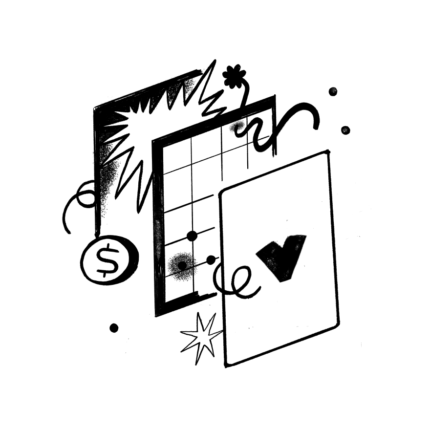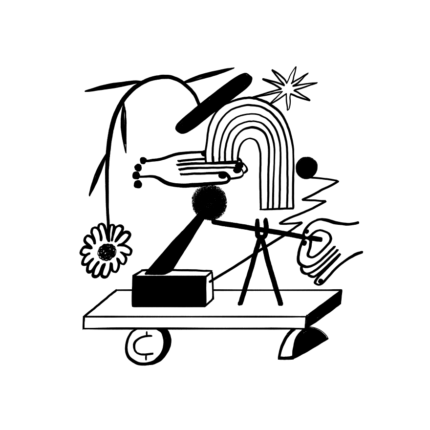
How your HSA completes your retirement plans
There are a few magical accounts that are crucial to your retirement plans (hint: an HSA is one of them), even if you’re not thinking about leaving the workforce anytime soon.
Have you thought about retirement yet?
If so, do you have a plan for withdrawing funds from your investments efficiently? Are you aware of how to include an HSA in your plans? Because these accounts are crucial to your retirement plans, whether you’re planning on retiring in the near future (lucky you!) or not.
“You might think of an HSA as the thing you use to help you save on medical costs. But it has become known as a retirement “triple-threat,” and for good reason.”
Retirement accounts like IRAs and 401(k)s are good as the core of your retirement nest egg, but they may not be good enough alone come retirement-time … especially if you plan on calling it quits on the workforce before age 65.
That’s where a health savings account (HSA) can come in. You might think of an HSA as an account to help you save on medical costs. But it’s much more than that, and has become known as a retirement “triple-threat” for good reason:
- You get to contribute to your HSA tax-free from your employer’s payroll deductions.
- You don’t pay taxes when investing your HSA funds.
- You don’t pay taxes when you withdraw your funds to pay for qualifying medical expenses.
In fact, HSA funds are some of the only money available to you for which you may never pay taxes — aka you’re maximizing your hard-earned dollars to work even harder for you. Let’s take a look at how you can use an HSA account to help you retire earlier.
“… setting aside money for retirement is crucial … If you don’t have a hefty inheritance coming your way, how else do you expect to ready yourself for the golden years?”
How Typical Retirement Accounts Work
Traditional IRAs and 401(k)s are at the heart of your retirement planning. After all, setting aside money for retirement is crucial for 99% of the population. If you don’t have a hefty inheritance coming your way, or you haven’t made your own fortune, how else do you expect to ready yourself for the golden years?
Both of these accounts allow you to contribute pre-tax earnings, which lessens the amount you pay in taxes (how many times can we say “taxes” in once sentence? Taxes, taxes, taxes!). The money grows in your account thanks to compound interest until you decide you want to retire, at which point you can begin making withdrawals.
The bad news about those types of accounts is that you have to pay taxes on money you withdraw, no matter at what age you do so. There are also early withdrawal penalties—if you take money out before 59.5 years old, the IRS could force you pay a 10% penalty in addition to regular income taxes. Plus, you can only contribute up to $6,000 each year for an IRA. That’s not likely to make a big dent in your retirement savings. The 401(k) limit is $19,000, which is pretty sweet, but you’re also looking at the same early withdrawal penalties.
“ [ studies show] we need at least a whopping $285,000 in medical costs come retirement.”
If you want to make withdrawals without penalties, some argue the Roth IRA is a better choice since you pay taxes upfront when making contributions. However, only withdrawals on contributions can be made at any time without penalty. If you intend on withdrawing earnings, you’ll be subject to taxes and the 10% early withdrawal penalty with few exceptions.
Here’s Where Your HSA Comes In
Yes, it has an annual contribution limit, but combined with other retirement accounts, you can squirrel a lot more money away each year with your HSA, getting you closer to retirement (and sooner!).
In short: an HSA needs to be in your retirement plans. A study conducted by Fidelity estimates that we are subject to at least a whopping $285,000 in medical costs come retirement. When you’re no longer working, you’re not going to have support like an employer-driven health plan, so you could find yourself paying for many expenses on your own—yes, even if you have Medicare, you will have out-of-pocket expenses.
Considering medical costs are one of the biggest expenses you’ll have during your golden years… do you really want to put your health at risk by being financially unprepared?
Tell Me More About this Magical HSA
Think of a health savings account like a bridge between a Traditional IRA/401(k) or a Roth IRA. As in, you can get tax-free growth, tax-free distributions on qualified medical expenses, and tax-free contributions within your account.
“As long as you have good HSA records, you can get reimbursed at any time, tax-free.”
Any contributions you make to a health savings account is tax-free, helping you save money while you invest your funds. Instead of using your HSA to reimburse yourself for qualified medical expenses, use other funds, and delay taking out money as long as you can.
If you have good HSA records, you can get reimbursed at any time, tax-free. That way, you can withdraw the cash whenever you’re ready to retire, giving yourself a chance for your invested HSA funds to grow.
Plus, once you reach 65, your HSA can be used like a Traditional IRA. In other words, if you need the money for non-medical purposes, you can withdraw funds with the understanding that you’ll be taxed on those withdrawals in the same manner as you would for an IRA.
Should I Open an HSA?
First, consider whether or not you can. You must have a designated “Consumer-Driven Health Plan” (CDHP) to open this type of account. This is typically a high-deductible health plan (HDHP), which has a minimum deductible of $1,600 for individual health coverage and $3,200 for family coverage.
Additionally, you should assess your situation carefully before pulling the trigger on getting started with an HSA. Like all things, a health savings account isn’t for everyone. But if your health plan qualifies you, and what we’ve laid out above about this magical account feels right… do it! Then try to contribute the maximum each year (that’s how you’ll get the most out of it!)—currently, this number sits at $4,150 for individuals and $8,300 for families.
Here’s to your retirement!


